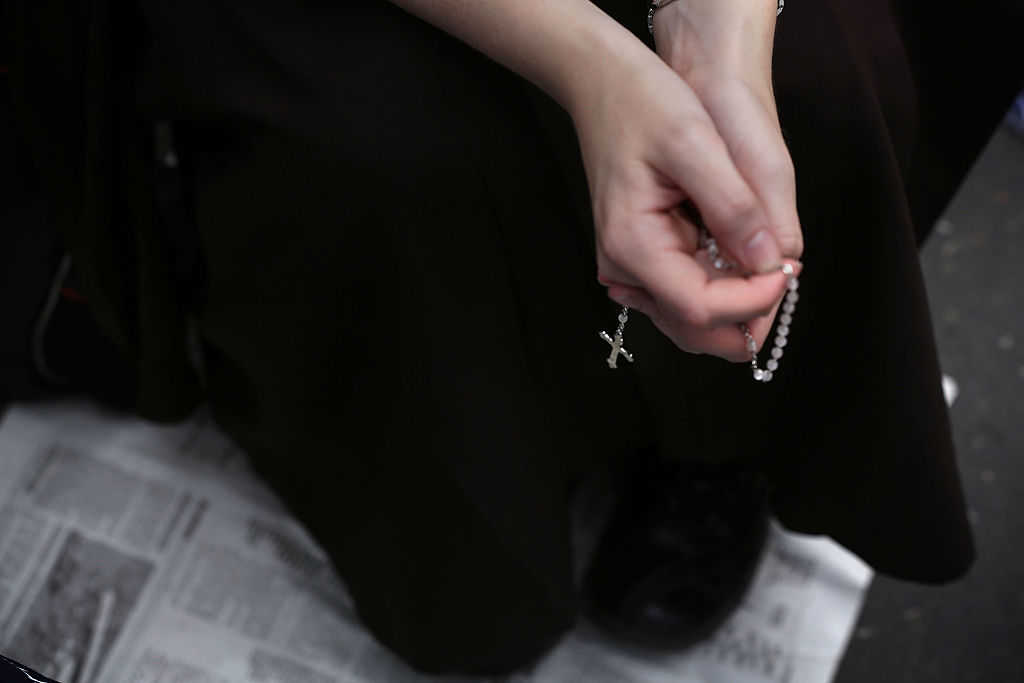Did you know there are a few hundred women in the U.S. who are officially recognized as “consecrated virgins?” They’re part of an ancient religious vocation that includes women who fully devote themselves to God.
It’s a title that’s available to Catholic women who opt for life-long virginity and a life devoted to Jesus. But, despite taking vows — and partaking in daily church attendance and prayer — consecrated virgins are permitted to work full-time jobs, live independently and carry on a pretty normal life.
The vocation dates back to the ancient church before nuns emerged, though it was eventually phased out only to be brought back into the fold with Vatican II. Here’s how EWTN describes its purpose: “Through this sacramental, the virgin, after renewing her promise of perpetual virginity to God, is set aside as a sacred person who belongs only to Christ.”
Laurie Malashanko is among the 250 women in the U.S. (3,000 worldwide) who have become consecrated virgins, with the Archdiocese of Detroit holding a consecration ceremony that had many attributes of a wedding, sans the groom, as The Huffington Post reported.
Malashanko recently told the outlet how she came to realize that being a consecrated virgin is the vocation for her. She said she dated in her teen and college years, but always felt like something was off.
“Eventually I began noticing and feeling confused about the fact that I’d started to feel really agitated. Whatever guy I was with felt like an intrusion, a third wheel,” she said. “I didn’t know why I was having that sense. I just knew I didn’t want to grow close to a guy. I had that feeling for about a year, and that’s when I found out about this vocation. I thought, ‘Oh, that made sense.'”
Malashanko also discussed the fact that her “freedom is wide open” with her vocation and that she has flexibility that wouldn’t be permitted as a nun. In the end, she believes people must be called to become consecrated virgins and that those who feel an intense gap as though something is missing without marriage or a husband might not be the best candidates for the role.
“I think of Christ as my spouse, but that’s theological language. I wouldn’t say Christ is my husband. That mimics human terms too much,” she told HuffPo. “When I do my taxes I’m still single. I don’t make dinner for Christ. But remember, in the Catholic Church every priest is espoused to the church. In our theology, spouse is a much richer term.”
She continued, “To be mystically espoused to Christ is to be a sign of the world to come where we’ll all be united to God. We’re like living icons.”
Read her entire interview here.



